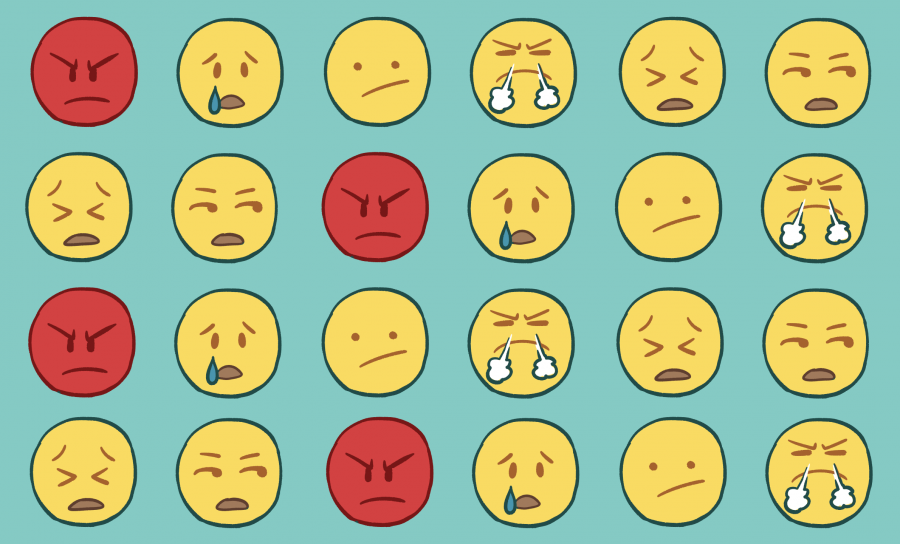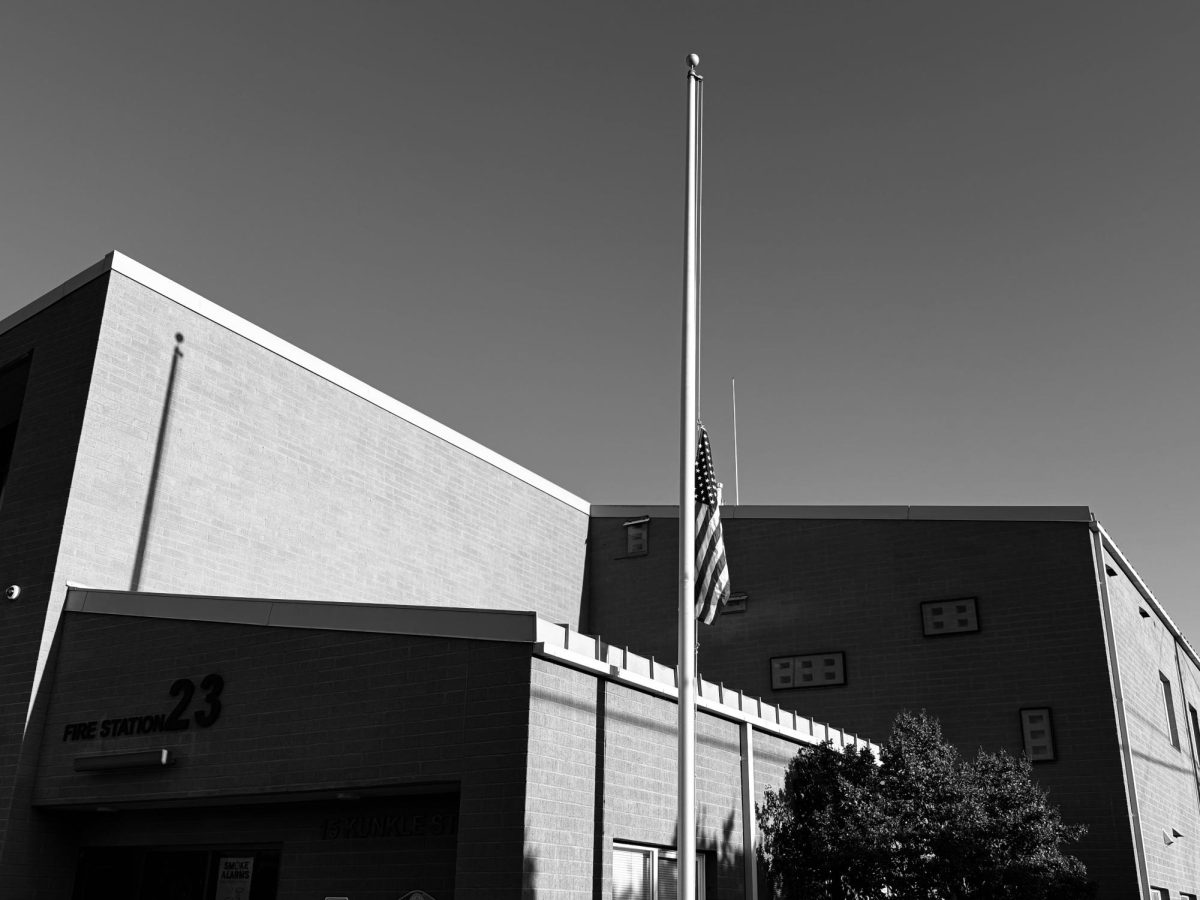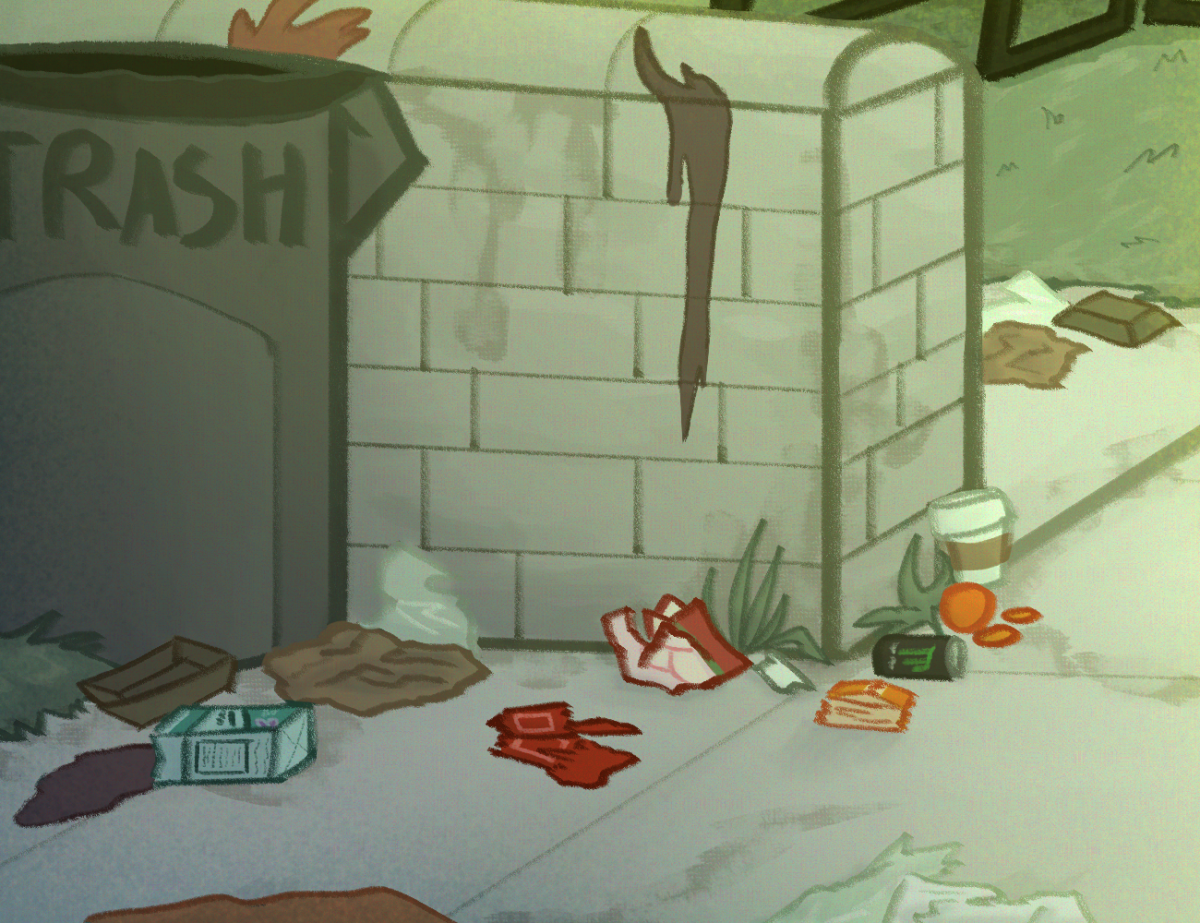We all have moments where we feel sadness, anger, jealousy or even hate. Any person who feels emotions has experienced all of them, and maybe all at the same time. Yet, we’re also taught that we shouldn’t be feeling them.
If you feel sad? Try to think of happy things and get over it, one day you’ll look back and see how stupid it was. Angry? Push it back, you don’t want to upset others around you. Jealousy? Stop comparing yourself to others, it’ll only make you feel worse. Hate? You must be prejudiced or disturbed; don’t give others that power.
While all these responses contain truth, they also often push the same message: hold back your “negative” feelings and if you can’t, there must be something wrong with you. This isn’t how we should treat these natural feelings. Each one of them is there for a purpose, and it is usually better to accept our feelings than to push them aside. “Bad” emotions really aren’t bad for us at all.
First, we can look at sadness. The degree of sadness we feel often depends on the situation. Often sadness stems from a sense of loss. While none of us like acknowledging loss or sadness, doing so can help us tremendously. Letting ourselves feel the sadness completely is the key to overcoming it. Conversely, if we push the sadness away, we never truly get past it.
Sadness can also make our happiness more meaningful. It’s true that you can’t have one without the other. The best way to feel joy more often is to accept that sometimes you’ll feel sad. “Sadness may represent the bridge we must take to return to our baseline level of happiness.”
Avoiding feeling sadness means we avoid every truly getting better. Not allowing ourselves to feel sad has been said to be a possible cause for growing depression rates as well as growing apathy in society. Sadness is the opposite of fun and it may make others uncomfortable. But, sadness isn’t a sign of weakness. It is a healthy coping mechanism for difficult moments and setbacks.
Anger is also an emotion we are frequently told is wrong. In reality, it has an evolutionary purpose and is good for us to feel sometimes. Anger is caused by our flight-or-fight response. In particular, it is a symptom of our mind going into “fight” mode. Anger, along with adrenaline, will ready us for action. It is part of what allowed us to survive.
In our everyday lives, however, it is also helpful to us. Many psychologists and researchers now agree that anger is not a primary emotion. Instead, it exists to mask or respond to another emotion. Anger will numb other emotions we are more afraid to feel. It usually comes out in response to the threat of mental or physical harm. Anger soothes us. It will help us not only not feel scared, but also make us feel powerful and in control.
Feeling anger benefits us in two ways. First, it allows someone to eventually address what the anger is masking. Second, feeling small amounts of anger will allow us to not go into a “rage” mentality later on. Violent events in our society (shootings, angry driving, war, etc.) are on the rise, and this is partly because we don’t know how to deal with anger. It isn’t healthy to feel anger too often, and the way to ensure this is to allow ourselves to feel small amounts of anger when they arise.
Jealousy is an emotion that we often don’t admit we are feeling. None of us enjoy feeling envious of someone else and what they have. However, we can actually use our jealousy to better ourselves. Jealousy often stems from self-criticism, doubt and shame. Pushing jealousy aside and letting it build up inside us isn’t good, and can make us feel much worse. Yet, examining its cause and why we are feeling it can help us improve our own lives.
Jealousy can expose our goals. When you are jealous of someone’s accomplishment, it is a sign that their accomplishment is your goal. Reaching out to that person and seeing how they got where they are can help us get to that same place. Examining how they succeeded allows us to succeed too. Jealousy can also be a stepping stone for feeling more gratitude in our everyday lives. A good way to overcome jealousy is to remind yourself of your own accomplishments and reasons to be proud. Everyone is going to be jealous of someone else, and in general nobody is completely satisfied with their lives. We can realize that this is what our jealousy is telling us. Of course, too much comparison can be a roadblock to happiness and self-satisfaction, but the ability to use it to help us is why it’s so necessary.
Hate is an emotion that is probably the most looked down upon in society. It is also the one we need to ensure we don’t feel excessively. There is one important evolutionary cause of hate. Hate drives our personal morals as well as societies’. Hating because of arbitrary things like race or gender is not healthy, and of course I’m not advocating for that. That type of hate is often societal and caused by different things.
Hating an individual because of their actions is different. It signals to us and those around us what our boundaries are. Hating someone signals that they have crossed one of our moral “lines in the sand.” Accepting hate as legitimate and natural (to some degree) can help us understand people who commit hate-crimes and who hate excessively. Hating people is okay and normal and we should treat it that way.
Ultimately, none of these emotions are good in excess. However, that doesn’t mean that we should fear them and stop ourselves from feeling them. Accepting them as part of our nature and allowing us to feel and address them when they appear is how we truly get over them and lead a mentally healthy life.








